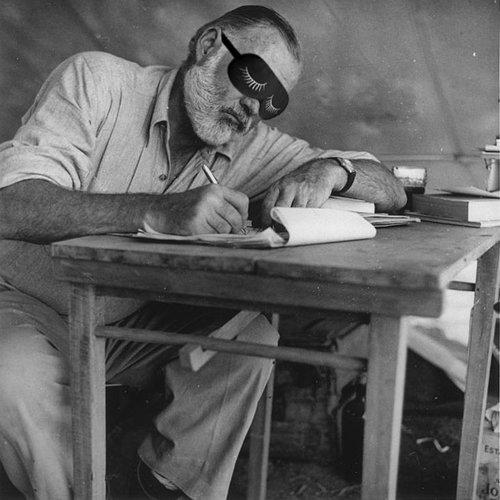The Importance of Downtime

I recently read this relatively provocative article titled Darwin was a slacker and you should be too. The two main points that it makes are as follows:
1. No one can be productive for eight hours a day, 40 hours a week. In fact, productivity peaks around four to five hours a day and then is destroyed the longer you work. Fun fact: A study mentioned in the article found that scientists working 35 hours a week were half as productive as those working 20. You may have also heard that Sweden is trialing a 6-hour work day.
2. Expertise doesn't come simply after 10,000 of practice as Malcolm Gladwell would have us believe. Rather, those 10,000 hours of deliberate practice need to be combined with 12,500 hours of deliberate rest and 30,000 hours of sleep.
Darwin's own approach to his scientific career demonstrates these two points in action. He did his most intense work in two 90 minute blocks in the morning. The rest of his day consisted of reading mail and writing letters, walking in the English countryside, and taking a one hour nap.
This article has really spurred me to examine my own energy levels throughout my day. I've noted when I seem to be able to concentrate the hardest, what fills me with energy, and what depletes my stores. Like Darwin, I find I can do my best thinking in the morning - provided I've had eight hours of sleep and have exercised - and that my afternoon is better spent responding to emails, having meetings, doing administrative tasks, and planning for the following day. I've written the bones of a new approach to my personal work schedule that I'll be trying out during the first couple months of 2018.
How can you re-structure your day in a way that blends work and rest to allow you to be more productive, creative, and happy?
